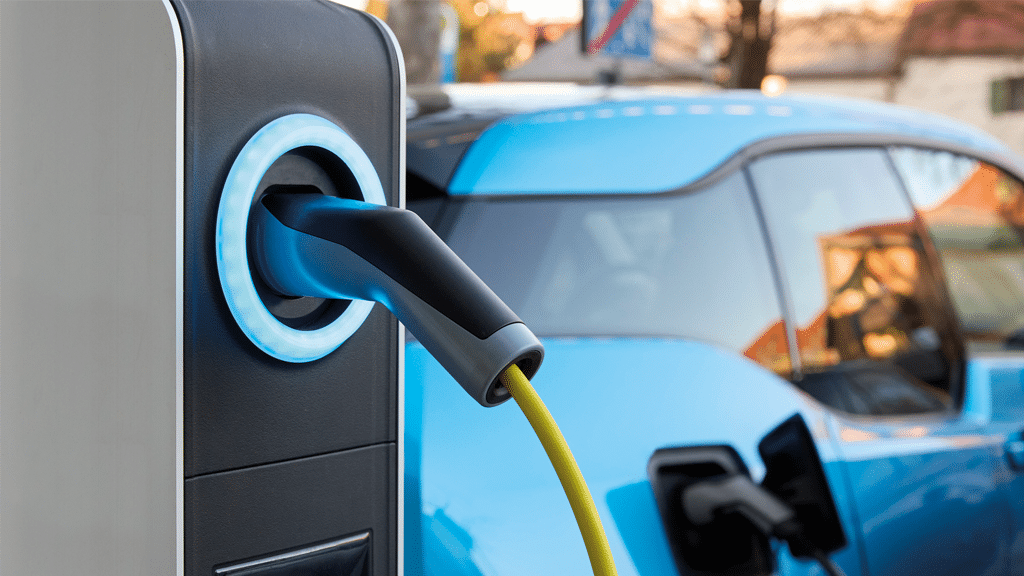The Biden-Harris Administration has opened applications for a new multi-billion-dollar program to fund electric vehicle (EV) charging and alternative-fueling infrastructure in communities across the country and along designated highways, interstates and major roadways. This is a step towards the U.S. President’s goals of building a national network of 500,000 public EV charging stations and reducing national greenhouse gas emissions by 50–52% by 2030.
The U.S. Department of Transportation’s new Charging and Fueling Infrastructure (CFI) Discretionary Grant Program, established by the Bipartisan Infrastructure Law, will provide $2.5 billion over five years to a wide range of applicants, including cities, counties, local governments, and Tribes. This round of funding makes up to $700 million from fiscal years 2022 and 2023 funding available to strategically deploy EV charging and other alternative vehicle-fueling infrastructure projects in publicly accessible locations in urban and rural communities, as well as along designated Alternative Fuel Corridors (AFCs).
“By helping bring EV charging to communities across the country, this Administration is modernizing our infrastructure and creating good jobs in the process,” said U.S. Transportation Secretary Pete Buttigieg. “With today’s announcement, we are taking another big step forward in creating an EV future that is convenient, affordable, reliable, and accessible to all Americans.”
The CFI Discretionary Grant Program builds on the $5 billion National Electric Vehicle Infrastructure (NEVI) Formula Program, for which FHWA published finalized minimum standards earlier this month. EV chargers constructed with CFI funds must adhere to those same standards, a requirement that supports a consistent charging experience for users and ensures that our national charging network is convenient, reliable and made in America.
“Extending EV charging infrastructure into traditionally underserved areas will ensure that equitable and widespread EV adoption takes hold,” said U.S. Secretary of Energy Jennifer M. Granholm. “Ensuring that charging stations are more visible and accessible in our communities addresses the concerns many American drivers have when considering making the switch to electric.”
